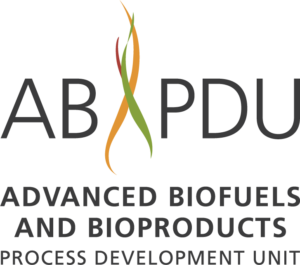 Advanced Biofuels and Bioproducts Process Development Unit (ABPDU)
Advanced Biofuels and Bioproducts Process Development Unit (ABPDU)
The ABPDU is a state-of-the-art facility for testing and developing emerging biofuels, biobased chemicals, and biomaterial technologies in a process demonstration production environment.
 Agile BioFoundry
Agile BioFoundry
The Agile BioFoundry (ABF) is a seven national lab consortium funded by DOE’s Office of Energy Efficiency and Renewable Energy. The ABF’s goal is to enable biorefineries to achieve 50% reductions in time to bioprocess scale-up, through the development and deployment of technologies enabling commercially relevant biomanufacturing of a wide range of bioproducts by both new and established industrial hosts.
Berkeley Center for Structural Biology
The Berkeley Center for Structural Biology (BCSB) is located atBerkeley Lab’s ALS. The Center runs five beamlines optimized for macromolecular protein crystallography.
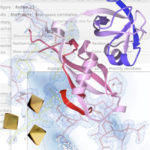 Computational Crystallography Initiative (CCI)
Computational Crystallography Initiative (CCI)
CCI develops new computational algorithms and tools for structural biology, in particular automated macromolecular crystallography, neutron crystallography, free electron laser data processing, and methods for automated diffraction data analysis.
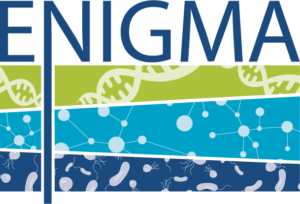 Ecosystems and Networks Integrated with Genes and Molecular Assemblies (ENIGMA)
Ecosystems and Networks Integrated with Genes and Molecular Assemblies (ENIGMA)
The mission of ENIGMA is to support the development of laboratory and computational tools that link the molecular functions within individual microbes to the integrated activities of microbial communities as they interact with their environment.
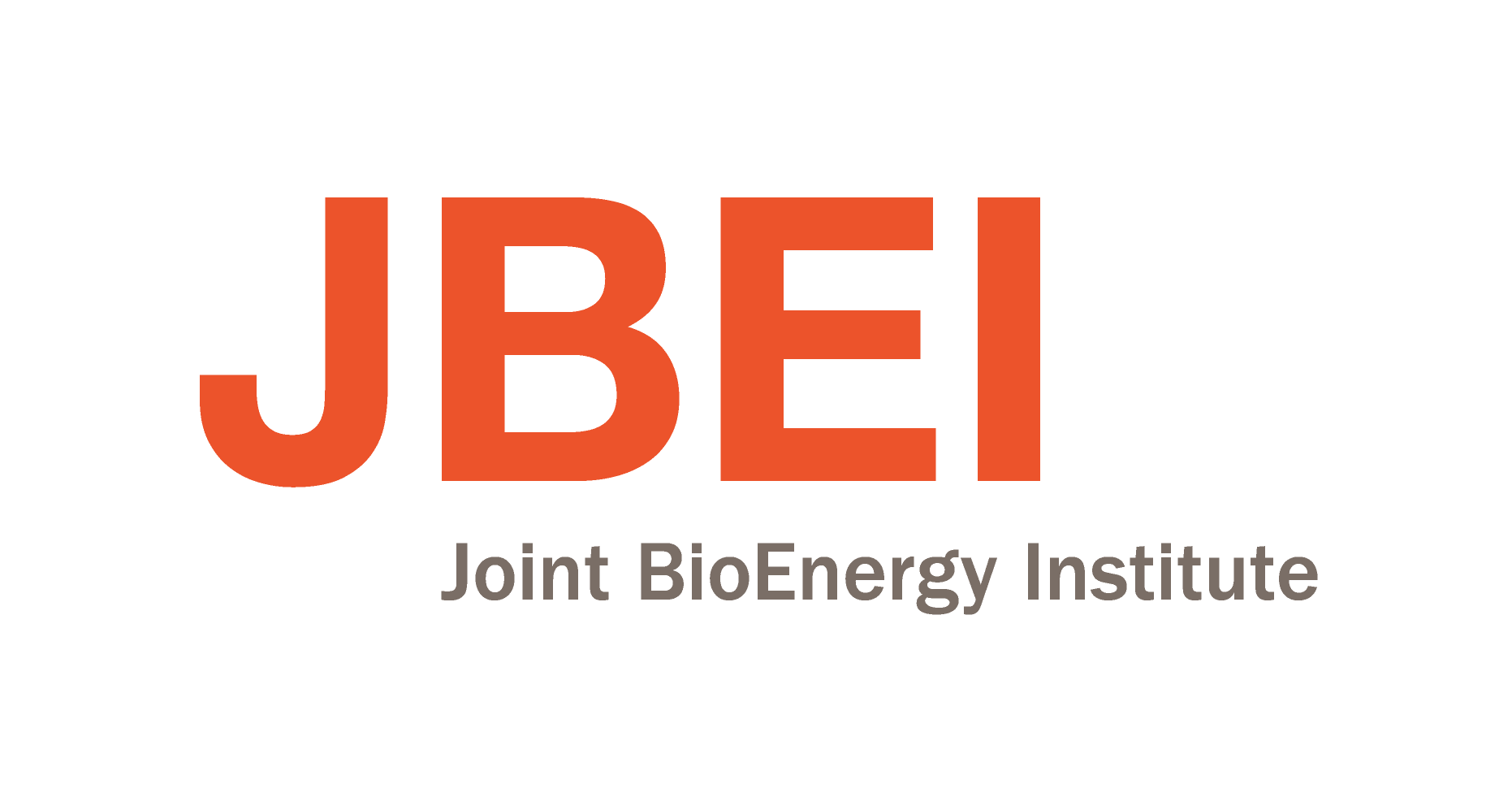 Joint BioEnergy Institute (JBEI)
Joint BioEnergy Institute (JBEI)
The JBEI’s scientific mission is to establish the scientific knowledge and new technologies to transform the maximum amount of carbon available in bioenergy crops into biofuels and bioproducts.
 DOE Systems Biology Knowledgebase (KBase)
DOE Systems Biology Knowledgebase (KBase)
KBase is an open platform for comparative functional genomics and systems biology for microbes, plants and their communities, and for sharing results and methods with other scientists. Berkeley Lab is the lead institution in a partnership comprised of Argonne, Brookhaven, and Oak Ridge National Laboratories.
 Microbial Community Analysis and Functional Evaluation in Soils (m-CAFEs)
Microbial Community Analysis and Functional Evaluation in Soils (m-CAFEs)
m-CAFES is a collaborative, coordinated and integrated, mission-driven program to interrogate the function of soil microbiomes with critical implications for carbon cycling and sequestration, nutrient availability and plant productivity in natural and managed ecosystems. The project targets molecular mechanisms governing carbon and nutrient transformation in soil, with a focus on microbial metabolic networks.
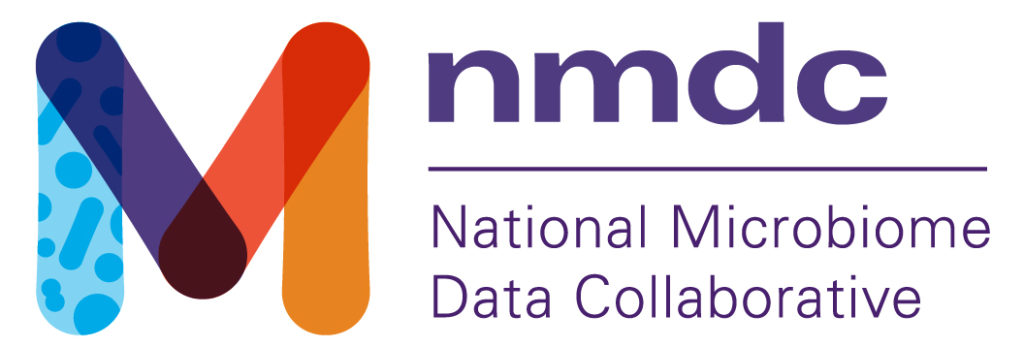 National Microbiome Data Collaborative (NMDC)
National Microbiome Data Collaborative (NMDC)
The National Microbiome Data Collaborative (NMDC) was launched in 2019 as a pilot initiative that seeks to address fundamental roadblocks in microbiome data science and gaps in transdisciplinary collaboration. NMDC is a multi-national laboratory partnership led by Berkeley Lab. Its two strategic priorities — infrastructure and engagement — and future activities support the long-term vision of empowering the research community to more effectively harness microbiome data.
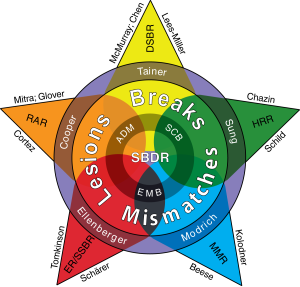 Structural Cell Biology of DNA Repair Machines (SBDR)
Structural Cell Biology of DNA Repair Machines (SBDR)
The Structural Cell Biology of DNA Repair Machines (SBDR) is a multi-investigator, multi-institutional, interdisciplinary effort optimized to meet the extreme challenges of characterizing transient complexes and conformations acting in DNA repair (DR) responses. The program will integrate knowledge of DR proteins and pathways by analyzing keystone complexes functioning as regulatory nodes in complex cellular responses to DNA damage. For more information about SBDR, please contact Susan Tsutakawa.




